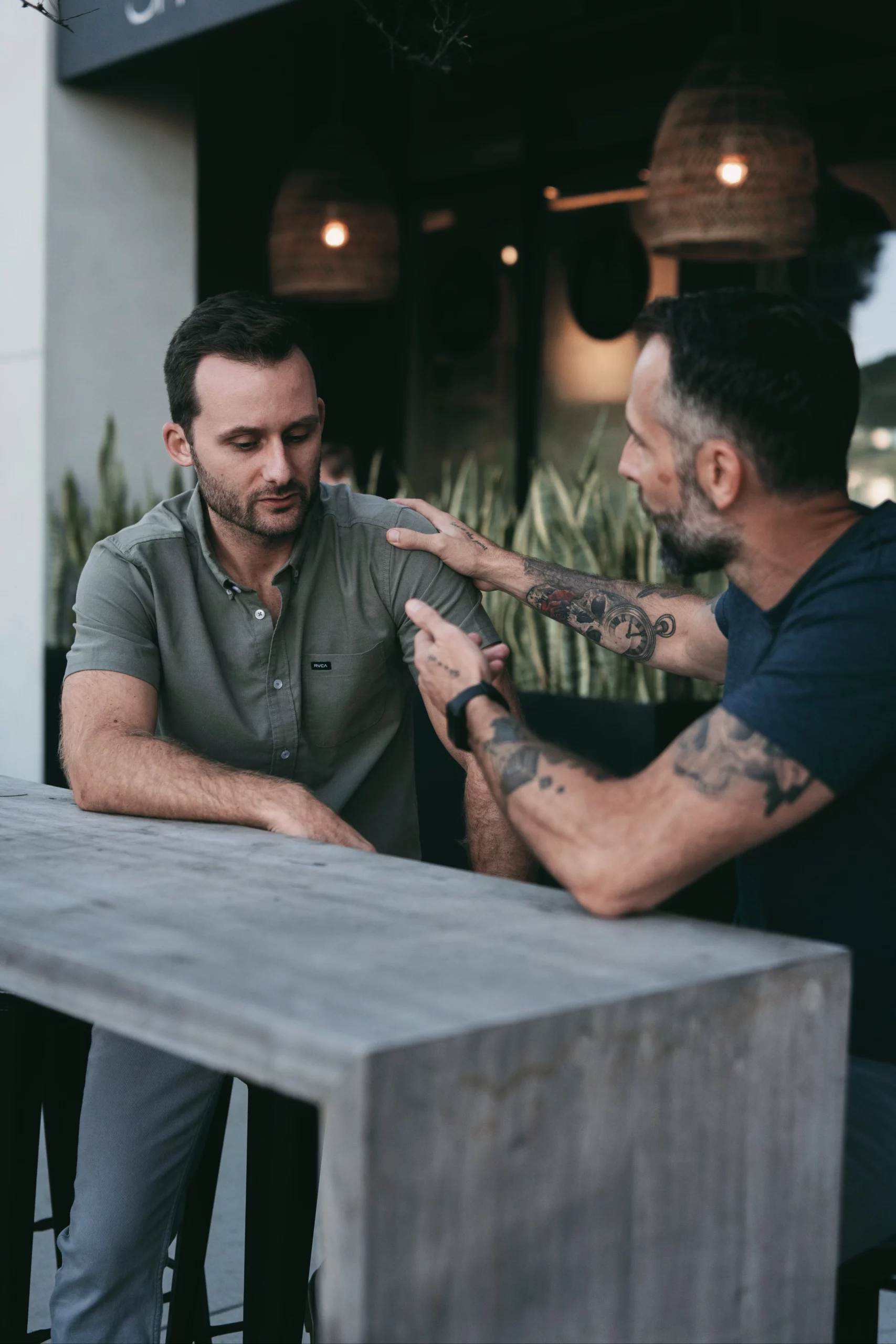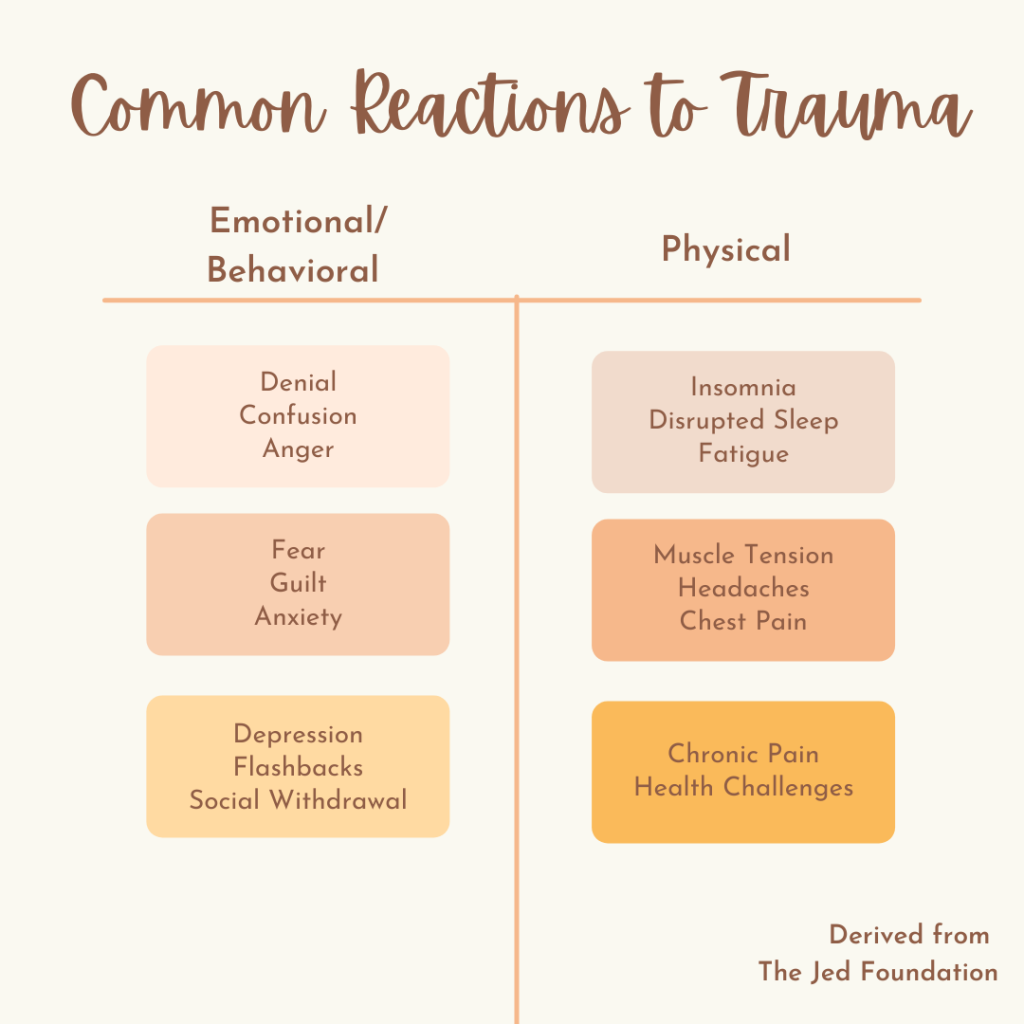Trigger Warning: This post content gently refers to topics such as emotional trauma, assault, and physical violence. We acknowledge that this content may be difficult and encourage you to care for your emotional safety and well-being.

Trauma-Informed Dentistry
Whether previous emotionally traumatic experiences are implicitly linked to dental care or not, the circumstances of a dental appointment can be triggering for many people. As part of our thoughtful approach to dentistry, Dr.Dickersons team aims to take a truly holistic approach by caring for the patient’s physical, emotional, and spiritual well-being in an effort to create an experience that not only avoids harm but also facilitates true healing.
What Is Trauma-Informed Dentistry?
Trauma-informed dentistry is a philosophy of care that understands how past experiences—dental or otherwise—can affect how you show up to the chair. It’s not just about “being gentle.” It’s about creating safety, consent, and agency every step of the way.
Whether you’ve experienced dental trauma, childhood abuse, medical PTSD, or simply dread dental visits, trauma-informed care helps restore your sense of control and dignity in the treatment process.
Who We Help
- Feel anxious or panicked about dental visits
- Have avoided the dentist for years
- Have PTSD or a history of trauma
- Are highly sensitive or neurodivergent
- Want care aligned with their holistic health values
A Truly Holistic, Whole-Person Approach
Your first visit with us isn’t rushed—it’s a 120-minute, in-depth conversation where we explore your health story, goals, and emotional needs before recommending any dental work.
You can expect:
- Two hour comprehensive exam focused on emotional safety, lifestyle, health history, and long-term care
- Biocompatible, non-toxic materials: fluoride-free, mercury-free, BPA-free
- Eco-luxury office design that feels more like a healing sanctuary than a clinic
- Gentle, minimally invasive techniques
- No surprises—ever: You’ll always know what to expect and have full control to pause or stop at any time

You Deserve to Feel Safe at the Dentist
If you’ve been putting off care because of fear, anxiety, or past experiences—you’re not alone. And it doesn’t have to be this way.
Need extra support during dental visits? If past trauma makes it hard to sit in the chair, our trauma-informed team offers the calm, compassionate care you deserve.
FAQs
Emotional trauma is the result of events or experiences that lead one to feel deeply unsafe. The source of this trauma can manifest following one isolated incident or repeated/chronic experiences (e.g., abuse, bullying, discrimination, or humiliation). While an emotionally traumatic experience may also encompass an element of physical harm, emotional trauma can be sustained without any physical harm.
Emotional trauma is characterized by a persistent sensation of being unsafe and may result in feelings such as fear and/or anxiety. One may also have physical responses to trauma such as insomnia, disassociation, and health issues. If not addressed supportively at the time, traumatic memories may be stored in our psyche and body. This can result in trauma imprinting or repressed memories which may then present at a future date in triggering contexts.
Dental Shame
Based on a survey conducted by the American Dental Association, 35% of Americans are embarrassed about their oral health and 33% avoid smiling because of their oral condition. This emotional relationship to oral wellness is often linked to feelings of shame and can prevent someone from seeking care for fear of being judged. This subsequently creates a predicament (i.e., “snowball effect”) in which the patient delays care, the disease worsens, the patient becomes even more ashamed, and is, ultimately, less likely to seek care. When circumstances such as this develop, going to the dentist becomes an emotionally traumatic undertaking.
Previous Traumatic Experiences with Dentistry
Unfortunately, it is possible that one may have had a traumatic experience related to previous dentistry. Thus, the event of returning to a dentist for further oral care may trigger a negative emotional response. Research shows that 77% of adults plan to visit the dentist within a year but only 37% of them do so. Of those who do not proceed with an appointment, 22% cite that “fear of the dentist” is the primary reason.
Patient Vulnerability
For the patient, the experience of receiving dental care inherently demands a high level of vulnerability. Oftentimes, the patient is in a reclined position, being asked to expose a very sensitive area of their body (the mouth), and entrusting an acquaintance (the dentist) to perform treatment while the patient is either conscious or sedated. The implied level of trust in this professional relationship is immense and can create a context of discomfort for many people. This discomfort can instigate an emotional trigger.
Sensitivity of Mouths
On a biological level, the human mouth is a very sensitive area of the body. “In fact, it’s estimated that up to 46% of the sensory nerves responsible for motor control and feeling run through the face.” The teeth are host to a complex system of sensory receptors. Each individual tooth is also related to an acupuncture meridian which connects to various organs, tissues, and glands throughout the body. The facial lips contain over a million separate nerve endings, causing them to be one of the most sensitive parts of the human body (100 times more sensitive than a fingertip). Lastly, the temporomandibular joint (TMJ) encompasses hormone receptors which heavily inform our autonomic nervous system (involuntary bodily actions). Thus, it is apparent that the oral environment is an inherently sensitive area of the body on a physiological level.
Furthermore, it is believed that our mouths also relate to our emotional and energetic well-being. As a prominent physical feature on our faces, the mouth often holds a symbolic value in one’s self-esteem. It also serves as our means of verbally expressing ourselves and communicating with others, an experience that can incorporate a wide breadth of emotion. In the chakra methodology, the mouth is categorized within the throat, or Vishuddha chakra, indicating its relationship to the emotional expression of truth, purpose, creativity, and individuality.
Due to the sensitive physical and emotional nature of the human mouth, it is logical that this part of our body may be more susceptible to trauma.
Consent – Beginning with the very first phone call, our team is trained to ask the patient’s consent at every step of the process. We want each patient to feel that they are in total control of their body and decision-making.
Calming Experience – Our office was uniquely designed to cultivate a comfortable, nurturing, and safe atmosphere. We utilize soft lighting, non-intrusive music, heated & massage chairs, and pastel décor. We help orient new patients to our facility and ensure that each individual gets ample, uninterrupted time with the doctor.
Cultivating Trust – In order for patients to feel at ease receiving care, it is critical for Dr. Dickerson to first develop a level of trust. Each new patient at our office begins with an hour-long conversation with the doctor. This affords both individuals a time to become better acquainted and comfortable. From there, Dr. Dickerson aims to instill increasing levels of trust by demonstrating her clinical expertise.
Empowering – Our practice aims to empower each individual to make proactive and informed decisions about their health. It is our goal to offer supportive and approachable options for implementing steps towards oral vitality.
Gentle Care – Dr. Dickerson is focused on practicing minimally invasive dentistry and is specially trained to perform procedures with gentle movements.
Well Informed – Dr. Sharon Dickerson completed her bachelor’s degree in both psychology and biology. She has continued to invest in further education related to behavioral well-being over the course of her career. It is her personal hope to ensure that any individual in her care feels emotionally & physically safe and understood at all times.


“Dr Sharon Dickerson and her entire staff is absolutely amazing! I had been looking for a biological dentist for over a year when I came across her website. The whole office is so warm, kind and caring. They truly want to help you in any way they can. I’ve had nothing short of a positive experience here! The office space is so welcoming with state-of-the-art equipment.”
